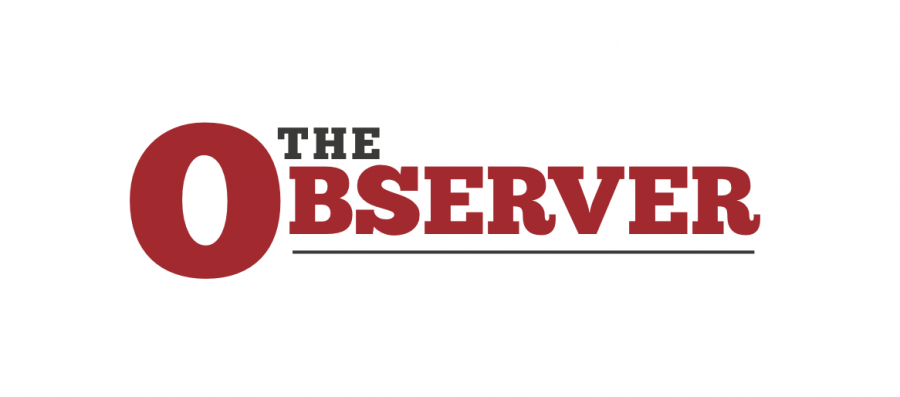Gov. Inslee pardons marijuana convictions
January 23, 2019
According to Governor Jay Inslee’s web page, thousands of Washington residents with misdemeanor marijuana possession charges face an offer by Inslee via the Marijuana Justice Initiative. The initiative, announced on Jan. 4 at the Washington State Cannabis Summit, could mean relief for those who meet the eligibility requirements.
There are requirements to be eligible for Inslee’s initiative. According to University Police Sergeant Jeffrey D. St. John, the offer only applies to those who were charged as adults under Washington State law between Jan. 1, 1998 (the date medical marijuana effectively became legal in Washington) and Dec. 5, 2012 (the date recreational marijuana became legal in Washington). In addition, those applying must have no more than one criminal conviction on their record. Those with two misdemeanor marijuana charges or a second criminal charge of any kind would not be eligible.
“A simple possession conviction from 20 years ago should not be a life sentence,” Inslee said during his announcement.
According to Inslee’s Marijuana Justice Initiative web page, the initiative is applicable to about 3,500 Washington residents and is intended to “recognize the evolution of the states beliefs about marijuana” by forgiving those who are still being punished for acts that are no longer considered illegal. Inslee’s site also refers to the initiative as “a small step, but one that moves us in the direction of correcting injustices that disproportionately affected communities of color.”
During Inslee’s announcement of the initiative, he said that when one applies online and is deemed eligible, he will then exercise his constitutional clemency authority to issue a pardon. Once that process is complete, the governor’s office will request that Washington State Patrol remove the conviction from the public record. This means that no one, whether it be a job recruiter or a licensed money lender, will be able to see the conviction on a background check. There is an exception to this, which is encounters with law enforcement. Inslee said that if an officer asked someone about past convictions, they are still obligated to inform the officer of the marijuana charge, but he reminded the audience to also tell the officer that the charge had been nullified.
Cannabis Central Manager Margaux Massey said she thinks that the initiative is a step in the right direction for marijuana culture. She agrees with the sentiment that people should not be punished for something that is no longer considered a crime.
“We’ve legalized it now, it’s kind of unfair to have people sitting in jail for just that, when there are people now legally selling it and making money off of it,” Massey said.
Massey said that she hopes actions such as this will help change people’s attitude towards cannabis, but doesn’t feel like this will be enough. She believes the eligibility requirements seem too restricting, and that the governor’s office could have gone farther to help more people with marijuana charges by extending the offer to those with multiple offenses.
Inslee also reminded those with multiple misdemeanor marijuana charges that they may still be eligible to have them wiped from the record through the standard pardon process, although that route usually requires legal assistance and court appearances.



